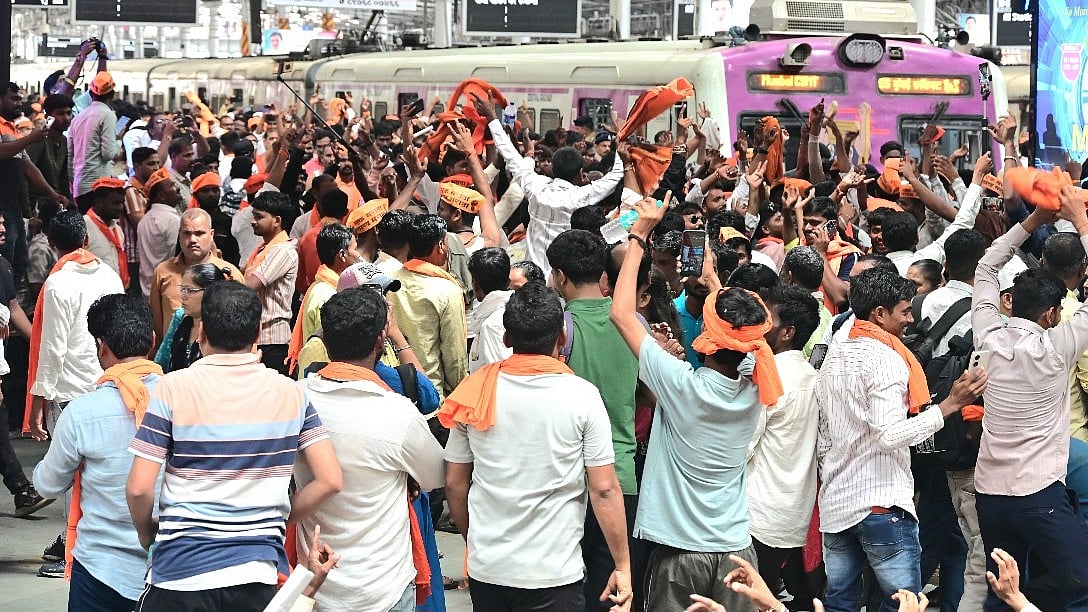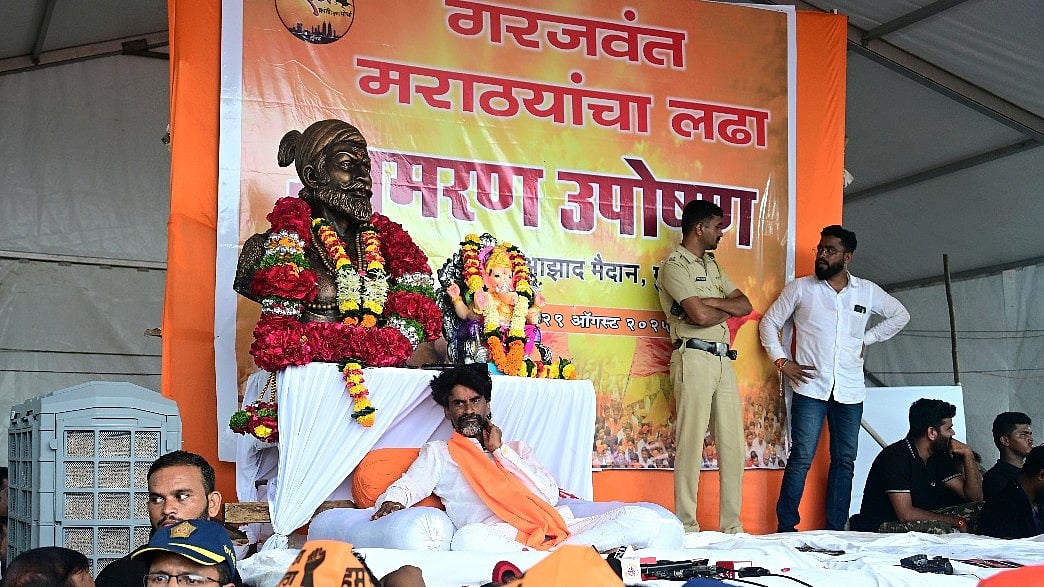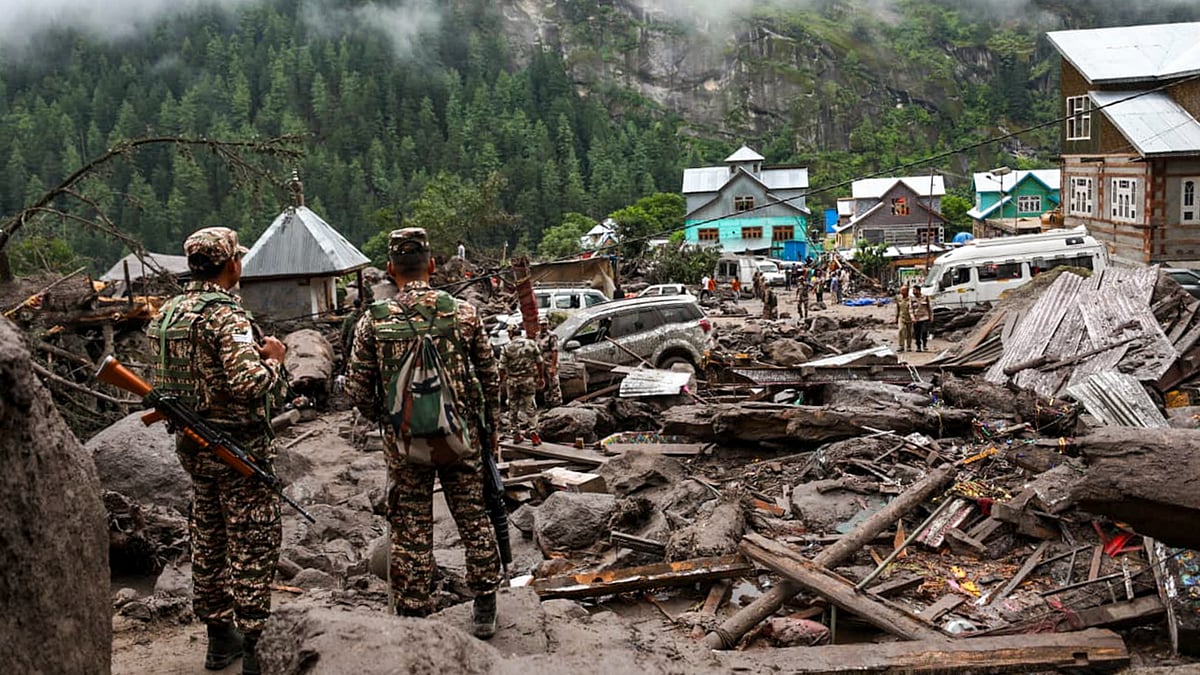What Gandhiji said about the British government is apt even today. He said, “It does not require much reflection to see that it is through court a government establishes its authority. It is a healthy institution when the government in charge is on the whole just. It is a death trap when the government is unjust.” He further said, “Justice will come when it is deserved by our being and feeling strong [Mahatma, Vol 2 by DG Tendulkar, Page 240]”.
A crime is against society and to maintain law and order, administer justice are sovereign functions. The government appoints policemen, prosecutors and judges. Each one of them must work hard to be just. Three recent instances have totally shaken public confidence in the criminal justice delivery system. In a criminal case decided by the trial court in Uttar Pradesh, all the accused were acquitted but it took 36 years to render such a judgment. Similarly, in the Gujarat riots of 2002, the accused were acquitted by the Special Judge in 2023. In the third instance the Rajasthan High Court acquitted the convicts charged with 2008 terrorist acts at Jaipur. Importantly, the High Court passed strictures against the prosecutors and investigators. It is not the acquittal but the unexplained, unreasonable delay in and manner of deciding criminal cases at the trial or appellate stage which shatters faith in the system.
The first question that arises is why all suspects are named as accused and secondly the insistence on framing everyone. It is settled that all suspects may not be the real culprits. Indiscriminate use of Sections 34 and 149 and Chapter V and VA of the penal code unmindful of their ingredients is a fatal lacuna. Nobody can be convicted unless there is total proof of their involvement. Despite this legal clarity, for offences such as terrorist attacks and communal riots, rape, murder, kidnapping etc, trial courts seldom pull up the police. Charges are framed without considering the material on record holistically — more so, when celebrities are involved. In delicate matters, at times, judges are reluctant to proceed and invariably postpone or delay them for someone else to take over. Sometimes, advocates deliberately delay the trials. Is all this because of public outcry, fear of criticism, allegations of prejudice or bias, unfairness and corruption? Rarely, accountability of a botched investigation, shoddy prosecution and erroneous judgments is fixed instantly. The problem persists and worsens day by day.
The police officials in-charge of investigation at the relevant time either retire from service or, if in service, are already promoted or upgraded. Either way, genuine inquiries are not held against them. They continue to enjoy benefits. Special or additional public prosecutors are paid from public funds. Inquiries ought to be launched in the above three matters against police officials and public prosecutors. They may be responsible for innocents languishing in jails till their acquittals. Public officials have not proceeded with matters efficiently and expeditiously. They mechanically continue the trials.
With great respect, I would blame the trial judges as well. They did not abide by the procedural and substantive laws. It is false to suggest that these laws are a obstacle and hindrance in the search and vindication of truth. Quite the opposite; careful study of the Code of Criminal Procedure, 1973, the Indian Penal Code, 1860 and the Law of Evidence reveals that they do not hamper fair Investigation, inquiries and trials or adversely impact their outcome. Rather they smoothen the process. A wise judge knows that procedural laws need not be strictly complied with. They can be substantially complied with. Therefore, it is not necessary to allow all the witnesses named in the list to be examined and cross-examined endlessly. It is not necessary to read all the documents in evidence. It is also not necessary to allow oral arguments even if they are repetitive and irrelevant. The presiding officers very often fail to read the letter and spirit of the law. In the adversarial system, their role is of an impartial adjudicator and not a spectator. The judge represents the silent public interest. A strict, disciplined approach is expected to rule out falsehood and trivialisation. Trial judges fail to grasp the core issues, resulting in derailment of the process. They are not in command of their court. Their understanding of the applicable laws is poor. They do not realise that prudent and timely use of their enormous powers prevents abuse and balances the right to life and liberty with the need to swiftly bring the guilty to book. The balancing act must be seen to be performed by trial judges. Multiple Illustrations are not required to prove the flaws.
The plight of civil cases is no different. In trial of civil cases also judges are found wanting. The trial judge is expected to be conversant with basic civil laws. He must not allow parties to take undue advantage of purely procedural provisions. They are handmaids of justice and should not frustrate and defeat substantive rights. If matrimonial matters have to reach the Honourable Supreme Court and are finally decided after 25 years of their institution, then nothing more need be said. Thus, lack of maturity, sagacity and sensitivity results in miscarriage of justice. As the Supreme Court says, “Courts are meant to dispense justice and not dispense with justice.” Hence, judges are indeed responsible for systemic faults. They cannot escape wrath of the people if cases are not decided for decades together. The government must act urgently and introduce the All-India Judicial Service. It is worth trying but merit and quality must not be compromised at any cost. The recruitment process deserves to be revisited. Repeal and amendment of some old laws is also imperative.
Finally, it is pointless frequently sending serving presiding officers back to judicial academies after noticing their mistakes. These are not teaching and coaching Institutes. Their role is to polish and update existing skills. Higher judiciary needs to serve the cause of justice with out-of-the-box thinking.
The writer is an advocate and retired judge, Bombay High Court









